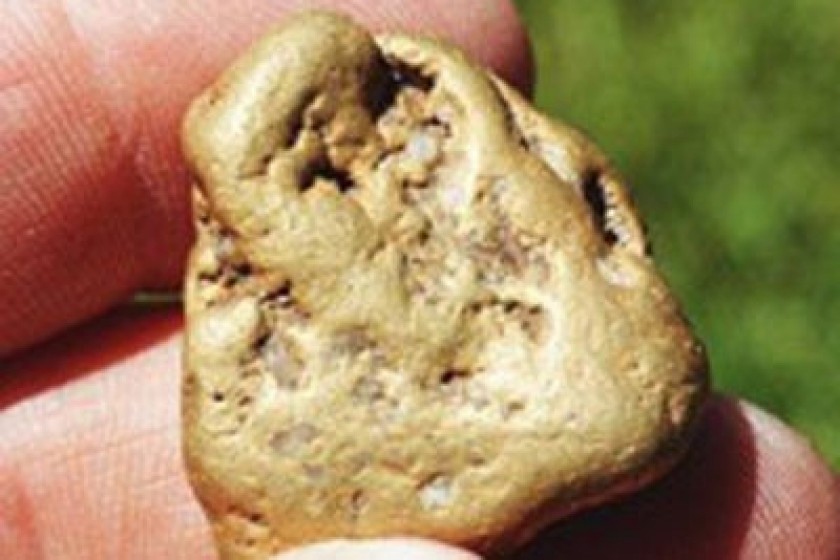
A Turkish Company Has Explored Armenian Mines
Certain aspects of the work of the Ararat Gold Recovery Company (AGRC), owned by Sterlite Gold, are worrisome. The principal stockholder of the company, Indian-born London billionaire Anil Agarwal, is known for questionable dealings (See also: Anil Agarwal Takes the Shine Off Armenian Gold).
In 2005 a Turkish company, Spektra Jeotek, was commissioned by Sterlite Gold and explored the Sotk mine, located in the region bordering Azerbaijan, for quite a long period of time. Although the official website of Sterlite Gold contains information about the foreign partners that work with the company, there is no information about the work done by this Turkish company in Armenia on the site.
It was a Turkish company, then, that performed the exploration of this strategically important mine. Turkey has no diplomatic relations with Armenia. Moreover, Turkey consistently defends Azerbaijan's interests and makes various demands on Armenia. It is hard to understand why a Turkish company was chosen to explore the mine. According to our information, the National Security Service (NSS) of Armenia was not informed about the Turkish company's stay in Armenia either. The NSS learned about it just a day before the Spektra Jeotek representatives left the country.
This is not the first time that a Turkish company has appeared in a zone important to the national security interests of Armenia. In 2004 the Russian-Turkish joint-venture IBM, co-founded by INTA Space Turk - a provider of Ikonos high-resolution satellite imagery and other data - won the cartographical tender held by the State Committee of Land Cadastre. The work they did was used for map-making. These maps are strictly confidential, not available to ordinary citizens. Some months ago two state agencies assured us that the company performing the work had no involvement in drawing the maps. "They only made the satellite photographs of the sites," an officer from the NSS told us at the time. This may be the case. But there is at least one piece of information that suggests otherwise. A representative of the SIME Company from the United Arab Emirates told us that his company had offered a lower price for the same work but lost the tender. According to him, Armenian officials accepted a bribe from the Turkish-Russian company. It is worth noting that the mapping was done in the Gyumri region - on the border with Turkey and Georgia.
Some time after the representatives of the company exploring the Sotk mine left Armenia the Ministry of Foreign Affairs of Azerbaijan presented a note to the Indian Ambassador in Baku protesting the fact that an Indian company was processing gold within the [allegedly occupied] territory of Azerbaijan. In response, the Indian Ambassador made a statement that no Indian company was engaged in gold mining in Armenia.
Our sources have informed us that Anil Agarwal is to visit Armenia this January. He has tried to make appointments with senior Armenian officials, but thus far none of them has agreed to meet with him. We suspect Agarwal's visit pursues two objectives - first, to settle the recent conflict with the Armenian authorities over the concealment of one ton of gold reserves by the gold plant (though this problem seems to be settled), and second, to convince the government to grant permission for a new gold extraction plant near the Sotk mine, in the Sevan basin.
Learning about Anil Agarwal's methods, it is easy to imagine what tricks he may be able to employ in successfully arranging his deal. In India, where a dozen of Agarwal's companies do the bulk of their business, no doors are closed to him. Most of his plants were built without the environmental clearances required by law and without government approval, and were "legalized" post facto . Agarwal gave ministers or their relatives positions on the governing boards of his companies or used other methods of arranging deals that are accepted in India. Suffice it to note that India is considered one of the most corrupt countries in the world.
It is not unlikely that Anil Agarwal will try to employ these time-proven methods in Armenia.
 Videos
Videos Photos
Photos




Write a comment